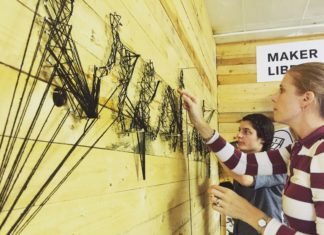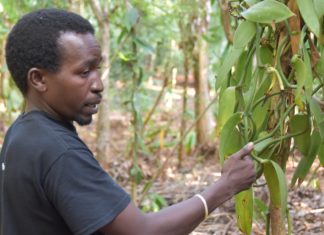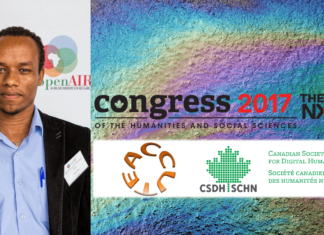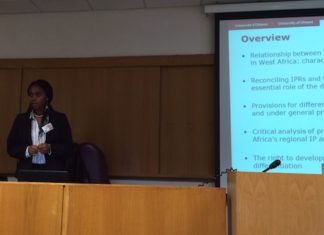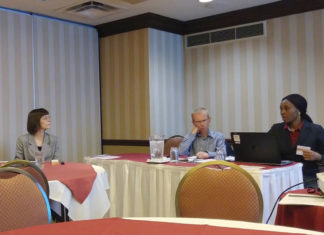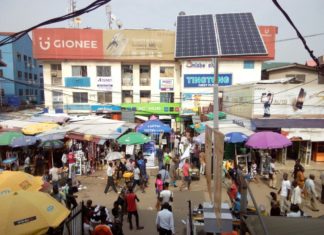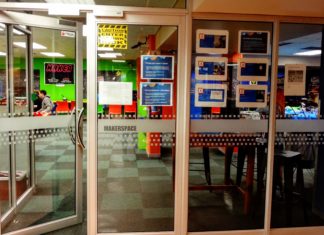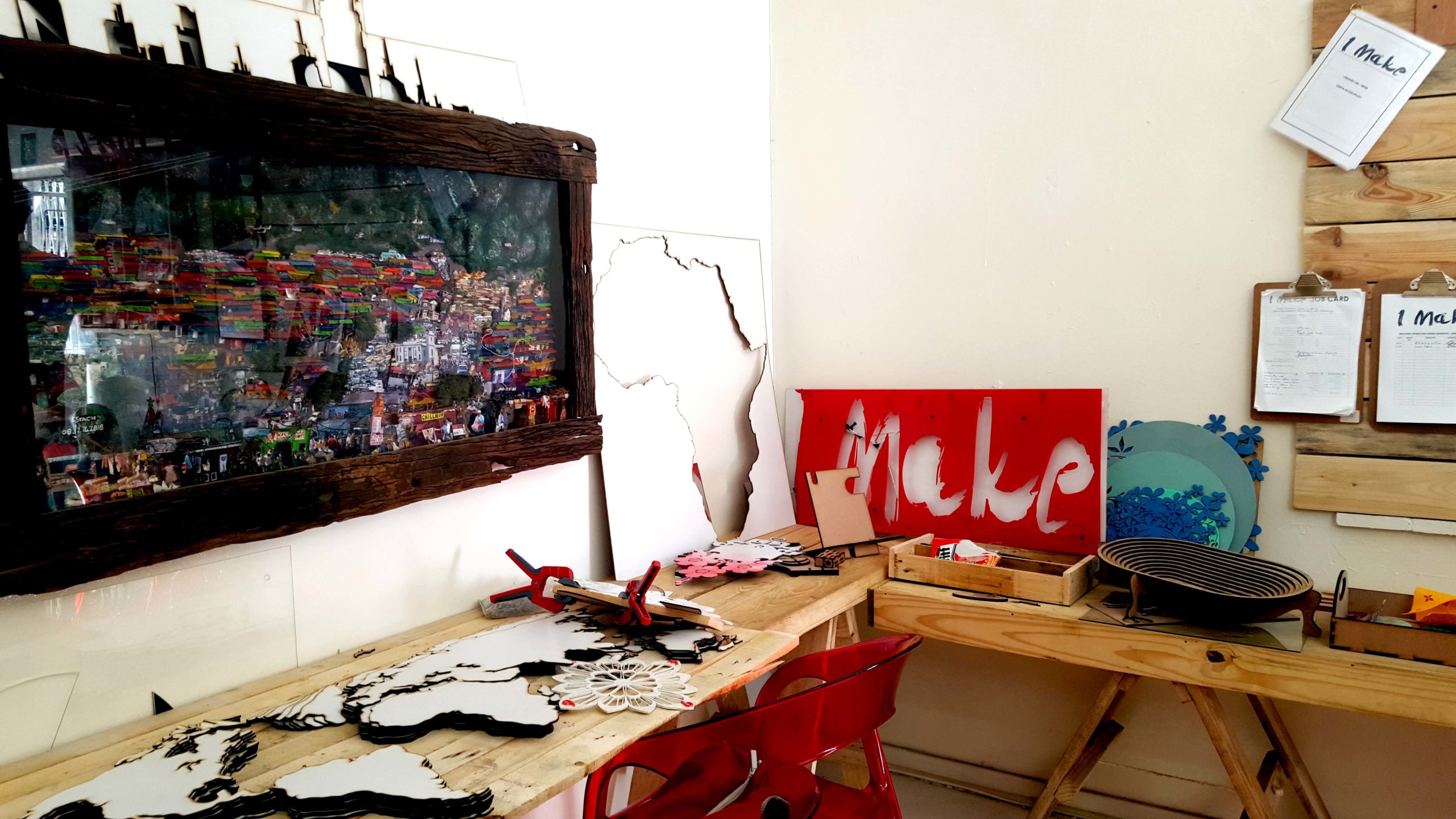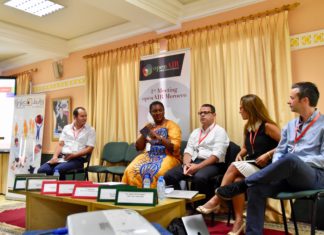Professor Carys Craig Infuses the Open Access Movement with Feminism at...
Is intellectual property (IP) gender neutral? No. Neither is the dominant discourse on innovation. Recognizing this bias is the first step toward remedying it.
How DIY Biology can Improve Access to Digital Agricultural Technologies
By Vipal Jain
Digital agricultural research is transforming the way crops are developed. New tools can speed up the ability to produce crops with higher...
Canada’s 2017 Copyright Review: Reflections on the Congress 2017
By Sileshi Hirko
Introduction
The last week of May 2017 was a week of great academic activity in Canada, Congress 2017. This event is run by...
IP Implications for Food Security in Africa
Cross-posted from U of S Plant Phenotyping and Imaging Research Centre
By Uchenna Ugwu
Can you tell me a bit about yourself?
I am a PhD student...
Invention in Africa: Open AIR shares its Model at CAAS 2019
By Uchenna Felicia Ugwu
Africa is becoming recognized as an important hub of
informal innovation, which should not be excluded or ignored by formal systems
for IP...
Understanding the Dynamics of Knowledge Transfer in Nigeria’s Otigba Hardware Cluster
So what is the Otigba Computer Village? Oyelaran-Oyeyinka in 2006 described it as the biggest ICT hub of West Africa – perhaps the biggest ICT market in all of Africa – because of the size and the volume of business activities carried out on a daily basis within the cluster. The research I have been conducting looks at the knowledge dynamics at play in the informal ICT businesses in the cluster, with a view to understanding how these dynamics drive informal enterprises’ innovation and scaling-up. While other studies of the cluster have evaluated the size and capacity of the cluster, the evolution of the cluster, mode of operation, performance, sustainability and constraints, there are no studies looking at how the local businesses identify new and useful knowledge. With over 5000 businesses in the cluster, there is bound to be knowledge exchange either through spillover or conscious transfer. How is this happening?
Innovation, Makerspaces, and the Future: A Lesson from the University of...
Creativity is a key ingredient in innovation, and the University of Pretoria’s (UP) makerspace screams it from the moment one arrives; the walls are brightly painted orange and green, there are several large tables surrounded by equally bright chairs, and along the back and side walls lay computers, makerbot 3D printers, and, of course, a coffee machine. Currently, UP is the only South African university with a ‘formal’ makerspace, although many, including the University of Cape Town and Rhodes University, are working to establish their own official makerspaces.
La guerre des vaccins et les droits de propriété intellectuelle
Par Abdelhamid Benhmade
En Octobre 2020, l’Afrique du Sud et l’Inde ont proposé aux États membres de l’Organisation mondiale du commerce (OMC) de suspendre les...
Africa’s Maker Movement: An Overview of Ongoing Research
Makerspaces are places where people gather to build projects, learn new technologies, and develop entrepreneurial opportunities. Open AIR is conducting research on makerspaces across the African continent.
Open AIR Expansion into Morocco
By Sara Yassine
Over the past six months, the Research Laboratory Entrepreneurship and Management of Organizations (LABO-EMO) and Open AIR have been looking at ways...

